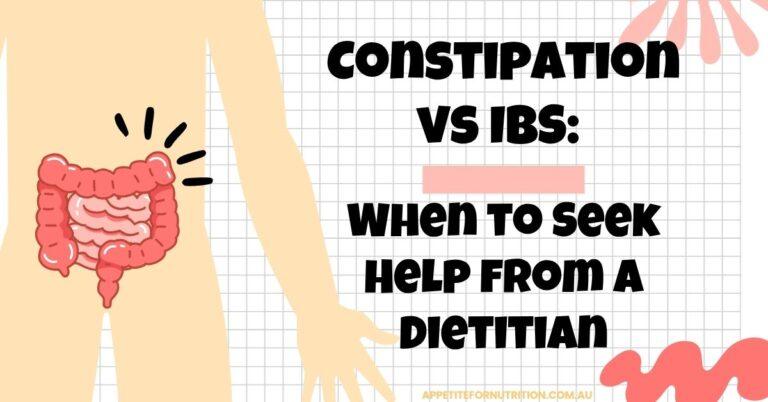
Gut Health and Immunity: What the Research Shows
Why Gut Health and Immunity Are Connected
Your gut isn’t just for digestion — it’s home to trillions of bacteria, fungi, and other microorganisms that help regulate your immune system. Around 70% of your immune cells live in the gut, meaning what happens in your digestive tract directly impacts your body’s ability to fight illness and inflammation.
A healthy gut microbiome acts like a training ground for your immune cells, helping them learn what to attack (like viruses) and what to tolerate (like food and beneficial bacteria).
Learn more Gut Microbiome + Probiotics: The Ultimate 2025 Guide to Better Gut Health
The Gut–Immune Connection: What the Science Says
Research continues to highlight how gut bacteria influence immune balance, inflammation, and even chronic disease risk.
Diversity is key: Studies show that a diverse microbiome (many types of bacteria) supports stronger immune responses.
Dysbiosis (imbalance) — often caused by stress, illness, or poor diet — can weaken your immune defense.
Probiotic and prebiotic foods have been shown to reduce inflammation, improve gut barrier strength, and support healthy immune activity.
In simple terms: The more variety in your gut bacteria, the more resilient your immune system tends to be.
(Explore more on this in The Gut–Brain Connection.)
Everyday Nutrition Strategies to Support Gut–Immune Health
1. Eat the Rainbow
Colourful fruits and vegetables provide antioxidants and plant compounds that feed beneficial bacteria and support immune function. Aim for 30+ different plant foods weekly — including herbs, seeds, and grains.
2. Include Fermented Foods
Yoghurt, kefir, sauerkraut, kimchi, and miso contain live probiotics that add to your gut’s microbial diversity.
(Not sure which yoghurts are healthiest? Check out our upcoming story with Healthy Takeaway Meals That Still Support Your Goals.)
3. Focus on Fibre
Fibre acts as fuel for your gut microbes. Whole grains, legumes, nuts, and vegetables all produce short-chain fatty acids — compounds that reduce inflammation and strengthen your gut lining.
4. Manage Stress and Sleep
Chronic stress can alter gut bacteria and suppress immune function. Practising mindfulness, gentle movement, or consistent sleep routines supports both gut and immune balance.
5. Stay Hydrated
Adequate water supports digestion, nutrient absorption, and the mucosal barrier that protects your intestines from harmful pathogens.
What About Supplements?
While a balanced diet should always come first, certain supplements may help in specific cases:
Probiotics: Strains like Lactobacillus and Bifidobacterium have been linked to better immune regulation and fewer respiratory infections.
Vitamin D: Plays a key role in immune cell function and gut integrity — especially important during winter or for people with limited sun exposure.
Zinc and Vitamin C: Support immune resilience but work best when paired with a nutrient-dense diet.
Always speak to a dietitian before starting supplements — especially if you’re managing a chronic condition, on medication, or part of an NDIS plan.
How a Dietitian Can Help
At Appetite for Nutrition, our dietitians help clients optimise their gut–immune connection with practical, evidence-based plans tailored to their lifestyle and health goals.
We provide:
Individualised meal plans to boost gut diversity
Advice on prebiotic and probiotic foods
Supplement reviews based on current research
Support for people with disability or chronic health conditions
Meet our Gut Health Dietiitan Team – Click here
Takeaway
Your gut is more than a digestive system — it’s your immune headquarters. By nourishing it with diverse foods, managing stress, and seeking expert guidance, you can strengthen your body’s natural defences from the inside out.
👉 Book a consultation with a dietitian today to discover how to support your gut and immunity — naturally, safely, and sustainably.
Frequency Asked Questions
Find quick answers to common questions
Our team of NDIS-registered dietitians helps clients make practical, evidence-based food decisions that fit their goals, lifestyle, and budget.
About 70% of your immune system lives in your gut. A balanced gut microbiome helps your body recognise and respond to threats like viruses while reducing unnecessary inflammation.
Some probiotic strains — such as Lactobacillus and Bifidobacterium — can help reduce the risk of respiratory infections and support gut barrier function. But not all probiotics are the same, so it’s best to get personalised advice from a dietitian.
Fibre-rich fruits, vegetables, legumes, whole grains, and fermented foods like yoghurt and kimchi. These help build microbial diversity, which strengthens immune balance.
Yes. Chronic stress can disrupt gut bacteria and weaken immune responses. Techniques like mindfulness, gentle exercise, and sleep routine consistency can restore balance.
Supplements like probiotics, vitamin D, and zinc can be helpful for some people — but diet and lifestyle changes are the foundation. Always check with your dietitian before starting supplements.



